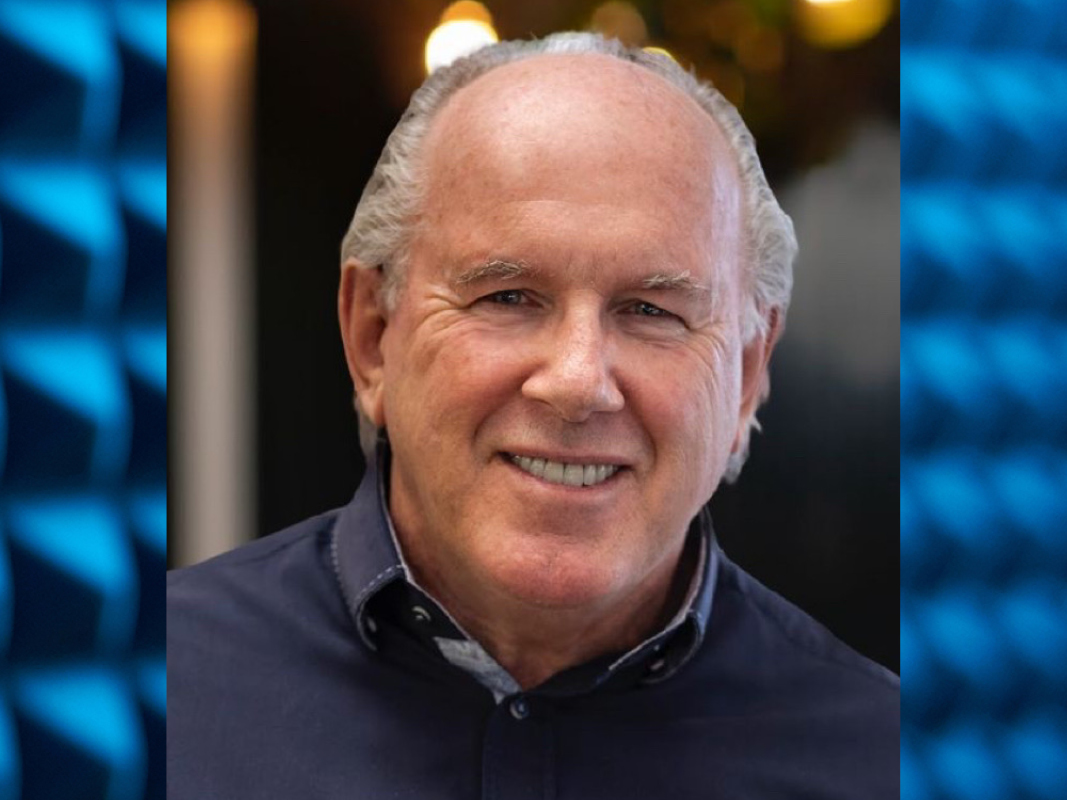“Energy transition is quite scary for many companies in mining,” says Climatech Zero chief executive Peter O’Connell, where the 4.9 per cent carbon reduction goal is daunting.
“We’re currently in a 10 to 15-year transition period,” Mr O’Connell says and there is a daunting task ahead. Energy optimisation will be a key to meeting ambition reduction targets.
Peter O’Connell is a notable figure in the telecommunications sector as founder of Amaysim and now the energy sector as CEO of Climatech Zero and chair of Climatech Group.
In this episode of the Commercial Disco podcast, he talks through the innovation in energy efficiency of existing operations within the mining and resources sector, data centres and commercial buildings.
While contemporaries such as Andrew “Twiggy” Forrest at Fortescue are making significant strides towards achieving net zero emissions in mining operations, medium-sized operators are finding the going tough – and are falling through the cracks as a result.
“Two years ago at mining conferences, many companies publicly pledged to decarbonise and use sustainable energy sources,” he says.
Since then, the mood has changed, with a narrower focus on cost reduction. “Australian mining companies have stricter budgets; very conservative with many claims on OPEX.”
Mr O’Connell aims to reshape perspectives within this context and across sectors for the top 100 companies facing mounting pressure to cut carbon emissions. Government mandates set clear goals, like the nearly 5 per cent annual reduction target, for these firms to meet.

Climatech Zero, he says, is akin to a Swiss Army knife, bringing a bunch of resources that aid meeting targets and reducing costs. It transforms factory floors into innovation hubs, seeing energy reduction as both cost-saving and crucial for sustainability, as well as a competitive efficiency edge.
“We integrate with existing systems to create an ‘energy digital twin’ that can save them up to 35 per cent in some cases,” he says.
He said that his team aren’t consultants: “We don’t produce a report – we come in as a primary contractor and integrate directly with their BMS or SCADA software.”
Accountability frames Climatech Zero’s approach, guaranteeing those savings if the factory keeps the software running. Getting to that point required overcoming industry resistance, and the technical complexities of integrating advanced software with existing systems.
“We’re dealing with groups of highly talented factory managers. They’re clever engineers, but they’ve been taught to do things a certain way.”
Getting these ‘reluctant innovators’ out of their comfort zone leads to unexpected discoveries and competitive advantages beyond energy savings.
Many of Climatech Zero’s approaches are novel, non-obvious and unique regarding reshaping perceptions and actions around decarbonisation and financing, particularly for the 350 mining companies across Australia.
In one instance, a medium-sized operator’s experiment with a small all-electric vehicle skidded to a halt upon discovery there wasn’t enough on-site power in remote locations to operate it.
“It was a revelation to them when we showed them how to create spare energy that could run a hundred vehicles on their site,” he explained.
However, his views on inefficient government financing and grants may have the most value for a nation chasing ambitious sustainability goals.
“The government has its own energy body that offers financing,” he says, “but quite frankly, it’s the most expensive in the market.”
His experience shows they operate at a snail’s pace, taking up to four times longer, unacceptable for companies chasing innovation and economies of scale.
Higher costs and inefficiencies are associated with government-backed financing options that cannot compete with commercial rates and efficiency.
“Projects move quickly – once they get stalled, they fall apart,” noting that anything that shortens the payback period would be very effective.
He suggests an overhaul towards targeted grants that stimulate initial action towards energy efficiency and utilisation.
The approach highlights how principles from COP24 and the Paris Agreement guide Climatech Zero’s offset balance sheet financing commercial third parties.”
“In most cases,” he says, “the capital investment needed to upgrade a factory for energy reduction and decarbonisation pays back within two and a half to three years. So, it’s a relatively fast return on investment.”
Do you know more? Contact James Riley via Email.
